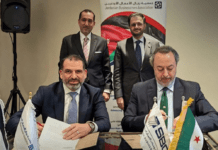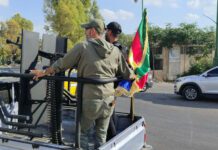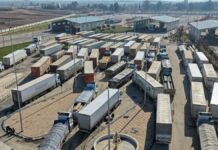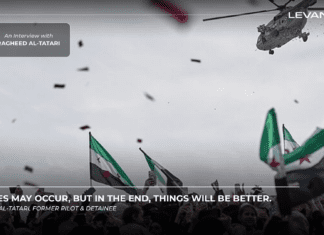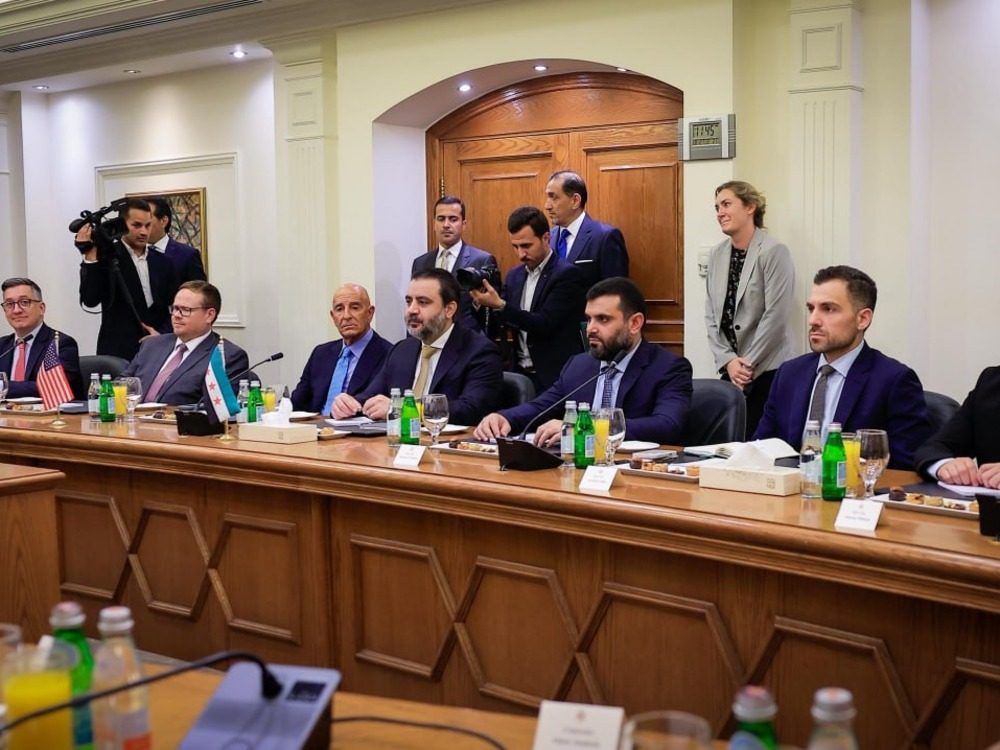
Syrian, US and Jordanian officials agreed yesterday, August 12, to form a joint working group aimed at consolidating a fragile ceasefire in Syria’s southern Suwayda province and advancing post-war reconstruction, following high-level meetings in Amman.
The tripartite talks—attended by Syrian Foreign Minister Asaad al-Shaibani, US Special Envoy to Syria Tom Barrack, and Jordanian Foreign Minister Ayman Safadi—marked the second round of such discussions in less than a month. The July 19 meeting focused on halting a week of armed clashes between Druze groups and Bedouin tribes that left hundreds dead.
In a joint statement, the three sides reaffirmed that Suwayda, “with all its local communities, is an integral part of Syria,” pledging to safeguard the rights of residents in the province and ensure their participation in shaping the country’s future. The parties also voiced support for full investigations into “crimes and violations” committed during the recent violence, including incidents at Suwayda National Hospital, and for cooperation with UN agencies.
Humanitarian and Political Dimensions
According to Axios, Washington is seeking to broker an agreement between Syria and Israel to establish a “humanitarian corridor” from Israel into Suwayda, aiming to improve aid delivery to the volatile area. US and Israeli officials told the outlet that such a corridor could help repair regional ties and potentially lay groundwork for broader diplomatic progress. Syrian officials, however, expressed concerns that armed groups could exploit the route to smuggle weapons.
King Abdullah II, who held separate meetings Tuesday with Shaibani and Barrack, underscored Jordan’s readiness to share technical expertise to rebuild Syrian institutions and strengthen governance. He stressed the importance of joint efforts to combat terrorism and stem cross-border arms and drug smuggling—issues that Amman views as direct security threats.
Commitment to Accountability and Stability
Barrack said Damascus had pledged to “utilize all its resources” to bring those responsible for atrocities in Suwayda to justice. “Achieving justice and ending impunity is essential to lasting peace,” he wrote on X, emphasizing the Syrian government’s commitment to humanitarian inclusiveness and increased aid flows to the region.
Shaibani, in remarks after the meeting, rejected any attempt to marginalize the Druze community and stressed that all Suwayda residents—Druze, Bedouin, and Christians—are integral to Syria’s social fabric. He said the government remains committed to restoring services, promoting reconciliation, and countering sectarian rhetoric.
Tripartite Working Group
The newly formed Syrian-Jordanian-American working group will coordinate efforts to maintain the ceasefire, restore essential services, facilitate the return of displaced persons, and advance reconstruction under principles of sovereignty, unity, and non-interference.
The three sides agreed to meet again in the coming weeks to review progress. While the ceasefire holds for now, officials acknowledged that lingering tensions, humanitarian challenges, and the presence of armed factions continue to pose risks to stability in southern Syria.
Jordan and the US reiterated their full support for Syria’s territorial integrity and urged the international community to contribute to its rebuilding efforts.

